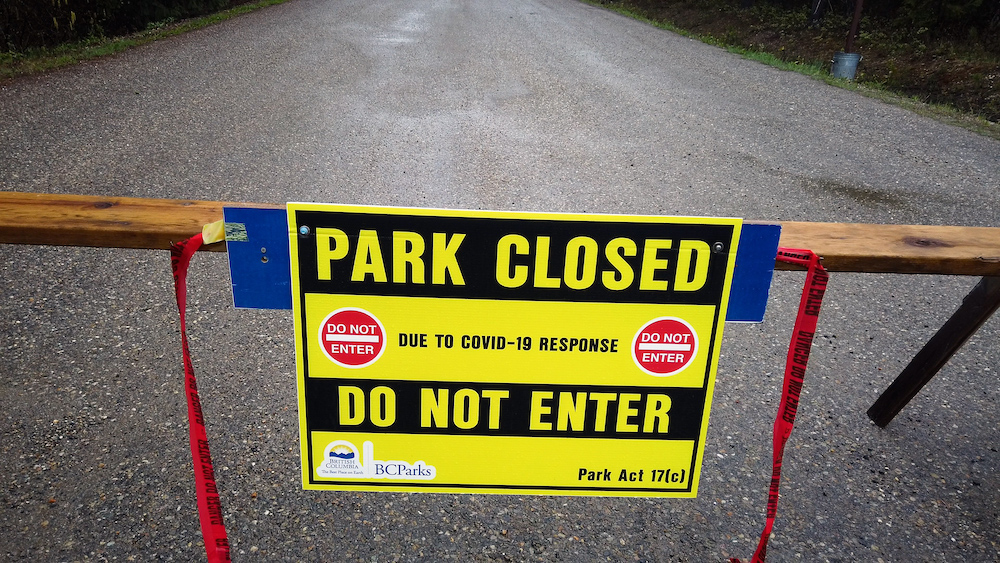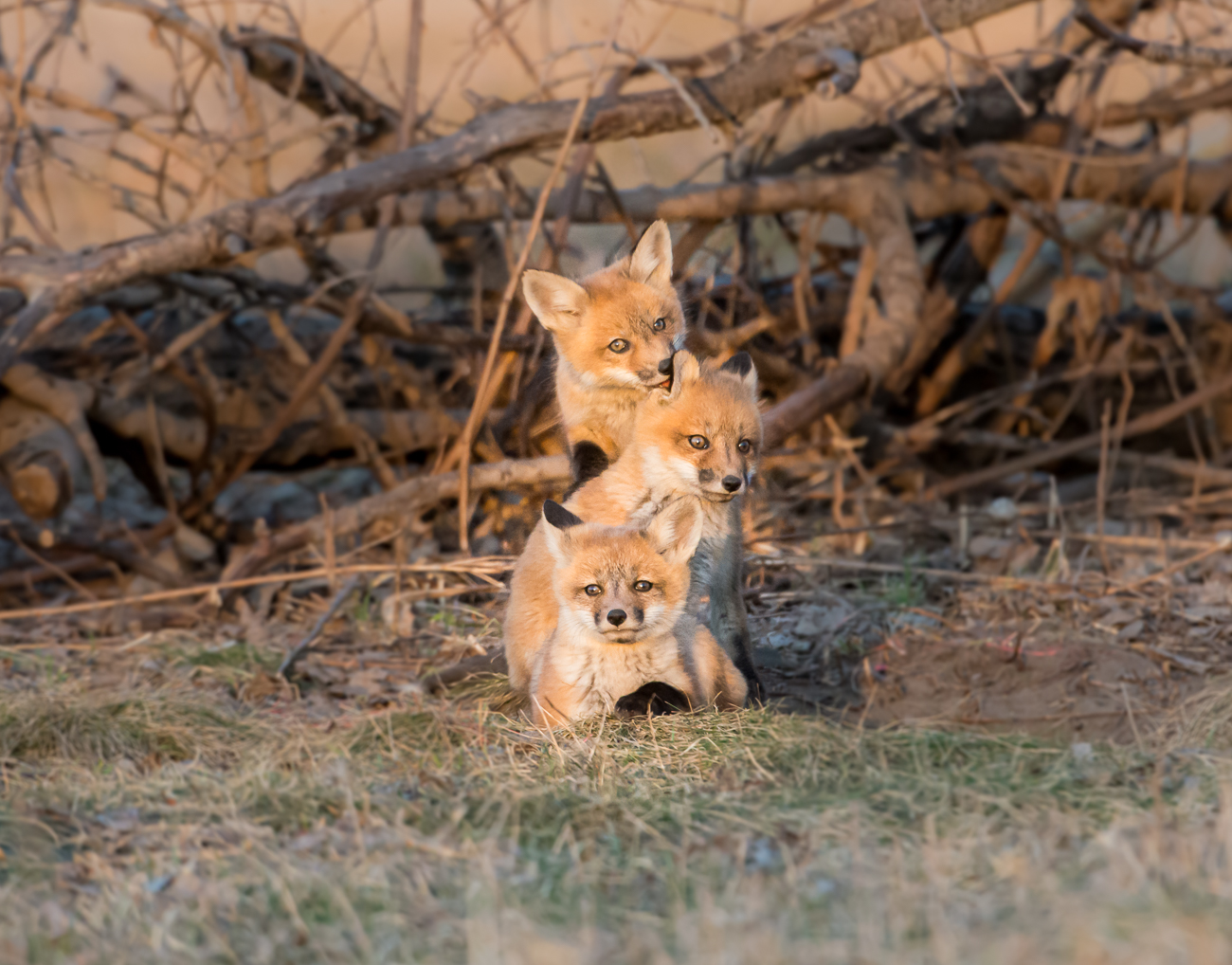Own Your Hypocrisy
Chapter Nine
Democracy is fragile. It doesn’t always appear that way, but it is.
“And we can’t be naive about these things.” – Rt. Hon. Kim Campbell | Former Prime Minister
We might like to assume that we don’t have America’s problems. We might like to assume we’re more united.
 But as pollster Shachi Kurl points out, we’re no different than them. Not really.
But as pollster Shachi Kurl points out, we’re no different than them. Not really.
“We are now kind of at the thorny, crash prone intersection of, ‘what are we going to do?’, and that’s causing a lot of people to pull apart.”
You see, when we assume we’re not something that we very much are – in this case, divided – it’s easy to fall into the exceptionalism trap. It’s easy to think we’re better than we truly are.
“Canada has this aura internationally of being this green, pristine place. And it’s not like that. We have big issues in our own backyard.” – Brian Keating | Storyteller & Naturalist
We sow flags on our backpacks to show the world we’re not America and we actually believe the world agrees that we are better than them simply because we’re not them.
And while we’re busy believing we’re great, we’ve slowly tucked away our problems because, well, we know our issues pale in comparison to America’s problems; we know we’ll be fine because we’re not them.
But as anyone with suppressed emotions will tell you: When we ignore or pretend we don’t have problems – believe that we, ourselves, aren’t part of the problem – the pressure eventually becomes too great and we break.
And our debates? They’re most certainly reaching a breaking point.
“I am deeply concerned about confederation in Canada.” – Donna Kennedy-Glans | Author & Former Cabinet Minister
 That concern? It’s why the COVID-19 pandemic has been so life-altering in Canada.
That concern? It’s why the COVID-19 pandemic has been so life-altering in Canada.
It should have been a fresh start – a common challenge that forced us to work together to overcome and persevere.
But that didn’t happen, did it?
Instead, the pandemic exposed our divides and highlighted what happens when we ignore problems and kick hard decisions down the road.
That bit of ugliness doesn’t cover the bigger issue though: If we’re not all together on a global pandemic, when and where will we be on the same page?
 Janet Austin served as the Lieutenant Governor of British Columbia and has overseen the YWCA. Janet’s deeply concerned about the ever-growing fault lines in our democracy, but believes that one of the issues that seems to so often divide us, can actually be what unites us.
Janet Austin served as the Lieutenant Governor of British Columbia and has overseen the YWCA. Janet’s deeply concerned about the ever-growing fault lines in our democracy, but believes that one of the issues that seems to so often divide us, can actually be what unites us.
That issue? Nature of course.
Wait, the environment?
“I think so. I truly do.”
After all, nature is what sustains us. It’s our common humanity. And the economy? That’s what shelters us and puts food on our table.
Finding a balance between the two – one that doesn’t compromise the bottom line of either issue – is an imperative; it’s something we can all work towards.
But for that to happen? Janet says “if we want to move forward on any major social, cultural, environmental change, we need to bring people along we need to engage people.”
In other words, to advance a better balance between people and nature, first we must address what ills our democracy.
“In contemporary discourse, it’s very common for us to engage in discussions with each other, where our whole focus is about convincing someone that we are right.”
And even if we are right – even if we have the idea that will advance the balance we need to strike – presenting an idea as an ‘I’m right/you’re wrong’ proposition isn’t how good ideas get implemented.
In fact, Janet says the key to improving our discourse and finding success “is not to embarrass people into changing their minds.”
Janet’s right.
 As a species, we don’t react well when embarrassed. And even if we know we’re on Team Right, to actually succeed, we can’t make others feel like they’re on Team Wrong. That’s why Janet says the key to a healthier debate is asking: “How do we incent people to move forward constructively to that decision?”
As a species, we don’t react well when embarrassed. And even if we know we’re on Team Right, to actually succeed, we can’t make others feel like they’re on Team Wrong. That’s why Janet says the key to a healthier debate is asking: “How do we incent people to move forward constructively to that decision?”
In many ways, Janet tells us, we create the incentive for others to hear our pitch and engage in thoughtful debate and work with us to advance a goal when we include ideas from, or address the perspectives of, different people from different walks of life.
For that to happen, Janet argues, “try to understand what are the reasons people hold the views they hold? Sometimes it’s fear based, sometimes it’s based on their livelihood. And we need to understand that. Sometimes it’s simply based on misinformation. But to try to get underneath and behind the reasons why we all hold the views we hold is key.”
Why?
As Janet explains, “so often have the expectation that there are simple answers to really complex problems. For every complex problem, there is a simple wrong solution.”
She’s right. But, as Janet points out, we only evolve one-dimensional ideas and oversimplified debates when we recognize “the personal responsibility that we have to make an effort to listen to people whose views are different. And we won’t do that if we’re only speaking to a uniform group.”
The debates that work? The ones that enhance society, the ones that uncover truths and solve problems, the ones that rally support? They don’t judge or make people feel that an outcome is predetermined.
That, in turn, makes everyone involved feel their opposites are coming at a problem – into a dialogue – with an open mind. And, of course, open-mindedness is the ingredient needed to build support for any idea, any change.
 It’s why Janet urges, in any debate, that we “try to understand their point-of-view and not enter into those discussions with an expectation that I am going to prevail. Come at it with an expectation that I will listen sincerely and have a willingness to be convinced if confronted with superior logic and argument.”
It’s why Janet urges, in any debate, that we “try to understand their point-of-view and not enter into those discussions with an expectation that I am going to prevail. Come at it with an expectation that I will listen sincerely and have a willingness to be convinced if confronted with superior logic and argument.”
And even if we can’t be convinced an idea is right or even if someone else doesn’t agree with our idea of change is the correct idea for change, what matters most?
“Building positive relationships when you have disagreements with people. Find a way to disagree, but still be friends and still be respectful of each other,” Janet pleads.
After all, we need to disagree without being disagreeable. That’s how we improve our discourse and our democracy in the process.
And that’s how we can start making nature an issue that unites rather than divides.